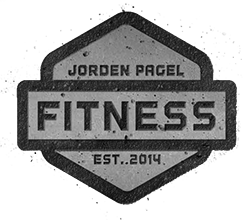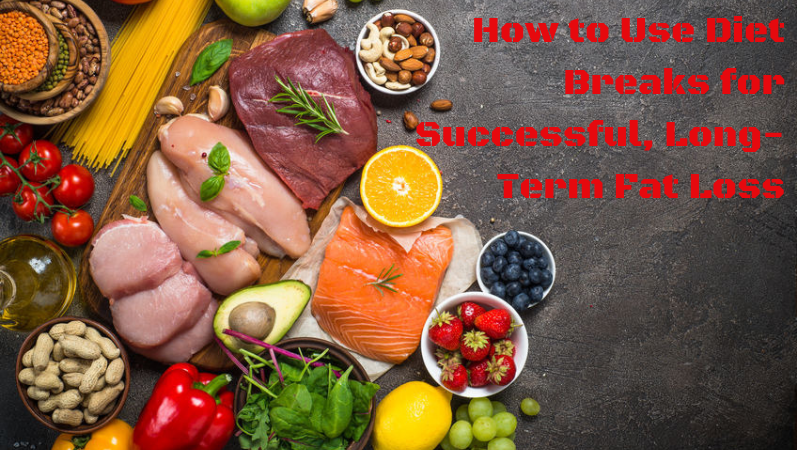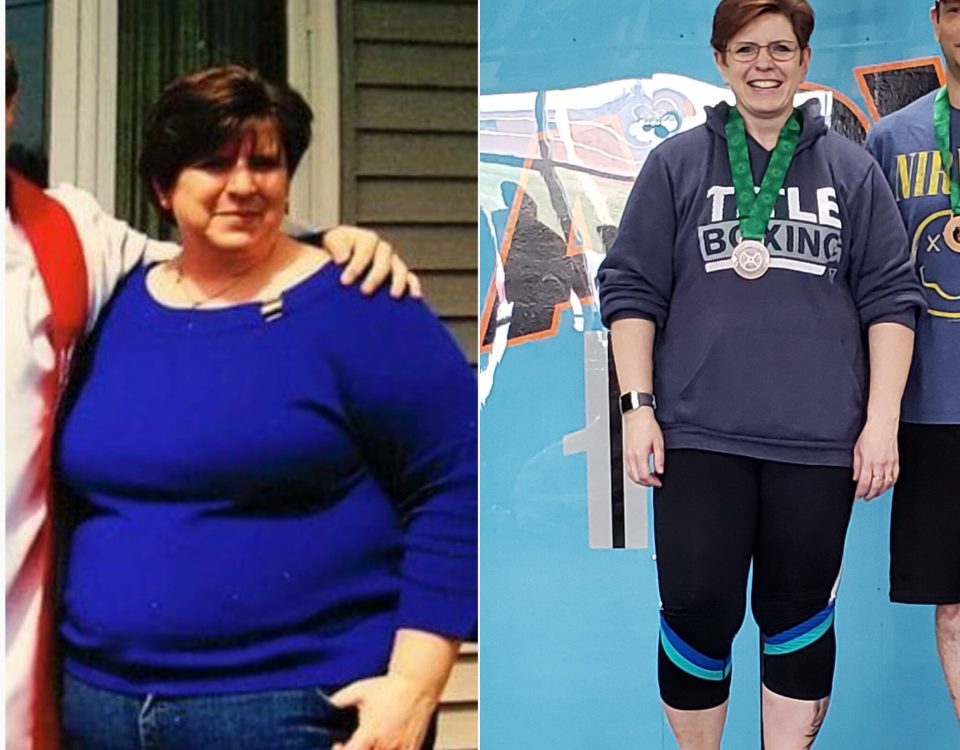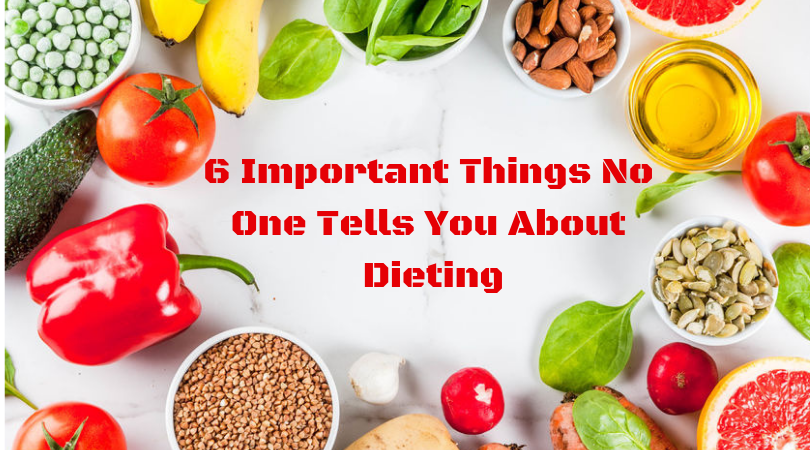10 Hormones You Need to Know About for Building An Elite-Level Physique

One thing that’s been of increasing interest to me, in the area of health, is hormone optimization.
Through my own experience with TRT, and subsequent research, I’ve learned quite a lot of things I didn’t know about how hormones work, what roles they play – not only in our body but in our progress as well – and how to create the best hormonal profile possible.
Hormones are part of our endocrine system, and basically act as chemical messengers in our body. They are produced by various glands, and control everything from hunger, sex and reproduction, to mood and emotions.
But, they can also play a huge role in body composition, and our ability to effectively lose fat, build muscle, and look great naked.
Now, while hormone optimization doesn’t mean shit if your nutrition sucks and you’re sitting on the couch all day watching Marvel’s The Punisher (great show, btw; it just won’t help you lose fat), knowing how your hormones work – and how they can affect your ability to lose fat, build muscle, and their role in your overall health – is important.
So, let’s take a look inside, shall we…
The 10 Most Important Hormones to Know For Building an Elite-Level Physique
Insulin
We’ll start with insulin, because it’s probably the most often misunderstood, demonized, and yet important hormone in our bodies.
Insulin is a hormone produced in the pancreas, and is released every time we eat to help shuttle nutrients where they need to go. Think of it as a tour guide. When carbs, protein, and fat are broken down into their basic forms, insulin helps get them where they need to go.
So when we eat, our pancreas releases a spike of insulin, until all the nutrients are absorbed, and then levels return to normal.
One of insulin’s other roles, however, is inhibiting the breakdown of fat stores, and promoting the creation of body fat. And this is where the myth – yes, myth – that insulin is responsible for fat gain and obesity comes into play.
See, when we eat, we give our body a ton of energy at one time. Sometimes, more than it may need at that moment. So, instead of wasting that energy, insulin shuttles it into fat cells to be stored and used later.
This is a basic survival mechanism of our bodies; not some nefarious attempt by insulin to make you fat.
The problem with insulin arises when we over-consume, or take in more energy than we need. This causes chronically elevated levels of insulin, and makes our body less sensitive to it; thus blunting the positive effects.
Now, it’s commonly thought that high carbohydrate intake leads to high insulin levels, and this is true: carbs do cause spikes in insulin. But so do fat and protein. In fact, protein can cause more insulin to be released than carbs. So the belief that carbs are the sole cause of elevated insulin levels, and therefore responsible for fat gain is also a myth.
Insulin is just an easy scapegoat. The real cause of fat gain – like always – is overconsumption, and taking in more calories than your body burns each day.
Let me make this very, very clear: Elevated insulin levels cannot negate a caloric deficit. If you’re taking in more energy than you burn, then you’ll put on weight. If you’re taking in less energy than you burn, you’ll take off weight. It doesn’t matter if you’re eating a high-carb diet or a low-carb diet, if you’re in a deficit, you will lose weight.
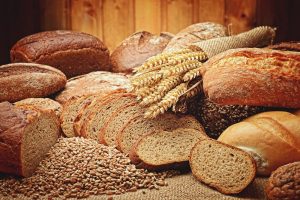
And another notch on insulin’s belt? It can help you build muscle.
When insulin levels are high, it helps reduce the rate at which muscle is broken down. This means that the body has an easier time repairing and building muscle during times when you have elevated insulin levels.
This is why it’s been repeatedly shown that high-carb diets are superior to low-carb diets when it comes to building muscle.
So now that we know insulin doesn’t cause fat gain, is essential for proper nutrient utilization, and can help us build muscle, how can we make it work for us?
The best way is to reduce over-consumption (excess calories) and body fat. Being overweight means your body can’t utilize insulin as effectively, and puts your at greater risk for type-2 diabetes and heart disease.
Reducing body fat levels – through a good training and nutrition program – will help make you more sensitive to insulin; which means you’ll more efficiently be able to burn fat, build muscle, and eat all the carbs.
Ghrelin
Also known as the hunger hormone, ghrelin is responsible for the physiological feelings of being hungry. It’s produced in the stomach and increases when your stomach is empty, and decreases when your stomach is full.
The less food you eat – like when you’re trying to lose fat – the more ghrelin your body produces as a response. It doesn’t know (or care) that you’re trying to lose fat; your body is hungry so it wants food.
So, if you want to lose weight, it’s best to reduce ghrelin, and feelings of being hungry, as much as possible.
Unfortunately, when it comes to dieting, you can never completely eliminate hunger. But there are things you can do to reduce it.
One thing you can do is eat foods that take longer to digest. This is why diets that consist of large amounts of lean protein and high-fiber veggies are effective for fat loss: They take longer to digest, thus delaying the release of ghrelin.
Getting adequate sleep helps as well. Lack of sleep increases the body’s release of ghrelin. This is often why you feel hungrier after a poor night’s sleep.
Leptin
Like ghrelin, leptin is a hormone associated with hunger. Unlike ghrelin, however, elevated levels of leptin decrease hunger. In simplest terms, leptin is supposed to tell the brain we don’t need to eat.
Leptin is produced in the fat cells and works by sending signals to your brain when you have enough fat stored and you don’t need to eat anymore food. The more fat you have, the more leptin you produce.
So you’d think then, the more body fat you have, the easier it would be to eat less food; since the body should be producing more leptin. But, like many things, it’s not that simple.
Similar to insulin, you can become leptin resistant. This happens when you have too much fat producing too much leptin, and the leptin signals stop getting sent to your brain. When this is the case, the body thinks it’s starving, and activates feelings of hunger and increases your appetite.
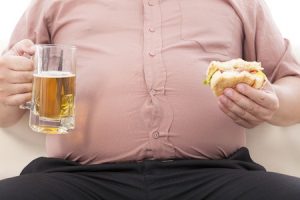
The other issue with leptin is that the more fat we lose, the less leptin we produce. This increases our appetite and feelings of hunger.
So it seems like leptin is a double-edged sword. The more fat we have, the more leptin we produce, and the more resistant we become to it; or, the less fat we have, the less leptin we produce, and the hungrier we get.
All hope is not lost, though. There are ways to manage leptin and use it to your advantage.
If you’re already lean, don’t allow yourself to add too much body fat. The more body fat you add, the more resistant to leptin you will become, and the easier it will be to gain more body fat, and difficult to lose it.
If you’re someone who’s trying to lose body fat, and you have been in a consistent calorie deficit for a long time, you may benefit from a refeed.
Refeeds are a planned increase in caloric intake (a bump of about 25%) during the dieting process.
Now, before you go thinking you can eat all the pancakes you want, tap the brakes. In order to be effective, and not undo your progress, refeeds need to be done in a controlled manner.
First, if you haven’t been in a consistent calorie deficit for at least 3-4 months, don’t even think about a refeed.
Refeeds work better the more fat you’ve lost, so stay consistent and steady with your diet for at least 12 weeks before considering refeeds. And even after that time, if you’re still seeing consistent progress, you don’t need a refeed.
If, however, you’ve plateaued, and gone a number of weeks without any progress, a refeed might make sense. Start with one every two weeks, and see how it affects your progress.
Cortisol
Cortisol is a double-edged sword. It can help the body burn fat when it is released in small doses. However, chronically elevated levels of cortisol can prevent fat burning.
Cortisol is known as the stress hormone, and is released in times of elevated stress. These include things like dieting, exercise, sleep deprivation, your job, etc. Not all of these things are necessarily bad. Cortisol simply just signals the body to prepare for them by moving energy where the body needs it.
Chronically elevated levels of cortisol, however, are not good for the body. Not only does it prevent fat burning (specifically belly fat), it makes it easier for the body to break down muscle tissue, and suppresses levels of beneficial hormones like testosterone and growth hormone; which we’ll talk about in a minute.
Elevated levels of cortisol are also associated with elevated levels of ghrelin, which is why your appetite increases in times of high stress.
Cortisol is manageable by controlling the stress in your life. The best way to do this is through adequate sleep.

Other ways to reduce stress include things like reading, walking, meditating, exercise, and things you enjoy doing and relax you.
(If you’re looking for another way to optimize your sleep and reduce stress, check out my sleep/stress optimization cocktail)
Thyroid
Your thyroid hormones, specifically triiodothyronine (T3) and thyroxine (T4), are primarily responsible for the regulation of your metabolism, as well as supporting fat loss and muscle growth.
Thyroid hormone levels are directly related to how we live our lives. Poor sleep, nutrition, and high stress can all reduce thyroid levels; as can chronic caloric restriction. This is one of the main reasons why, as you diet, your metabolic rate slows down.
Much like with leptin, periodic refeeds can up-regulate your thyroid, and temporarily boost metabolism. And like with everything else, managing sleep, stress, and nutrition will help too.
Eating foods rich in iodine, like eggs, milk, and seafood can also help as iodine is a key mineral in thyroid hormone production.
Growth Hormone (GH)
Now we’re getting to the fun stuff.
Growth hormone is probably one of the most powerful hormones produced by our bodies. Not only does it stimulate the growth of muscle tissue and cell repair, but it also promotes the burning of stored body fat for energy; in addition to limiting the storage of fatty tissues. So in essence, more GH can simultaneously can help you build more muscle and burn more fat
High intensity exercise, like heavy strength training and H.I.I.T promote the release of GH. However, a majority of the growth hormone we produce is secreted while we sleep. So, in case you needed another reason to get your eight hours, how does more muscle and less fat sound?
Testosterone
Ah, good old test. How do I love you? Let me count the ways…
While testosterone is mainly thought of as the male sex hormone, it also plays a role with estrogen (which we’ll talk about in a minute) for women as well.
Even though men produce testosterone at a level 7-8 times greater than women, it’s still a hormone essential for the growth of many tissues, and overall health of both sexes.
Testosterone is necessary for muscle protein synthesis, and without it, building muscle is near impossible.
 Testosterone also affects sex drive, bone health, and body fat levels. The more testosterone you have, the leaner you tend to be. This is because it works to stop the body from creating fat cells. The less testosterone you have, the more at risk you are for obesity.
Testosterone also affects sex drive, bone health, and body fat levels. The more testosterone you have, the leaner you tend to be. This is because it works to stop the body from creating fat cells. The less testosterone you have, the more at risk you are for obesity.
Having the right amount of testosterone is important. Like growth hormone, getting enough sleep can help naturally boost testosterone, as can intense strength training, a diet high in healthy fats, sex, and not being in a calorie deficit for too long.
For more about testosterone, check out this four-part series.
Estrogen
Like testosterone for men, estrogen acts in much the same way for women. However, unlike testosterone, estrogen acts as both a fat-storing, and fat-burning hormone. Too high of levels of estrogen, in both men and women, can lead to increase in fat storing. Their higher level of estrogen levels also appear to be the reason why women tend to handle stress better than men.
In men, estrogen is actually produced from testosterone by combining with an enzyme called aromatase. Men need small amounts of estrogen to function optimally. However, poor lifestyle choices like overeating, excessive drinking, lack of sleep, and drug abuse can cause men to produce too much estrogen, creating an imbalance.
Too high of levels of estrogen have been associated with prostate cancer in men, and breast cancer in women.
Much like any other hormone, optimal levels are best achieved by living a balanced, healthy lifestyle of intense exercise, good nutrition, and sleep.
Adrenalin
Adrenalin works closely with growth hormone and testosterone when it comes to helping the body burn fat. During periods of intense exercise, the adrenal glands secrete adrenalin and signal these three hormones to start burning fat.
Adrenalin is mainly produced through intense exercise. Like growth hormone, high levels of cortisol will hinder the effects of adrenalin.
Insulin-Like Growth Factor-1 (IGF-1)
IGF-1 is a highly anabolic hormone, with a close relationship to growth hormone. It’s function is to support tissues growth through the enhancement of amino acids, glucose, and fatty acids.
IGF-1 works by helping to increase the number of muscle cells, increases nitrogen retention, and protein synthesis. Like we talked about earlier, protein synthesis is how the body builds and repairs muscle tissue.
However, increased nitrogen retention is also important for growth, because lean tissue is comprised of around 16% nitrogen. Due to its effect on tissue growth, IGF-1 is also very important for all tissue repair and recovery.
Lastly, IGF-1 is neuroprotector and neuropromotor, which means that it can help improve mental function.
Since IGF-1 is closely tied to growth hormone production, increasing your body’s production of GH will help increase IGF-1 levels.
As you can see, your hormones can play a big role in your body’s ability to lose fat and build muscle. But, everything in fitness feeds into everything else. Your hormones can have a big effect on your body composition; so hormone optimization is important. But, what also has the biggest effect on your hormones, also will have a the biggest effect on your body composition: a good training and proper nutrition plan.
Through establishing both of those, not only can you improve your health and physique, but your hormonal profile as well; thus taking your results to the next level.
Fat Loss Made Easy!
Subscribe to the JPF newsletter and get my 5-Day Fat Loss email course absolutely FREE! You'll learn how to create your own fat-shredding program in less than a week.
Plus you'll get the latest updates from the blog, exclusive offers, and other cool stuff.
